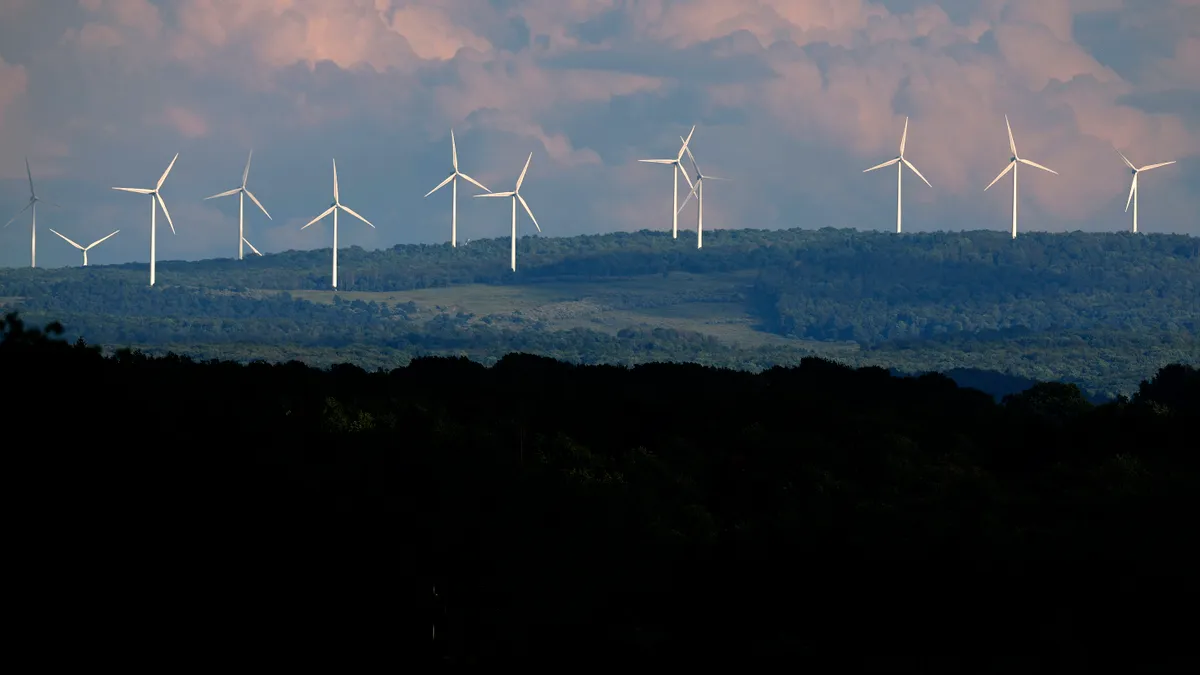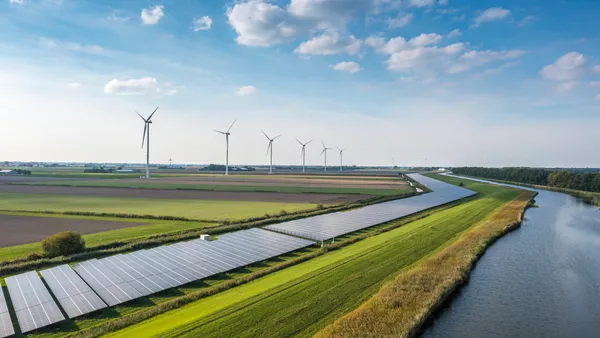The solar industry is looking to the Biden administration for clearer guidance on key renewable energy tax credit provisions of the Inflation Reduction Act as an industry official says he believes the Feb. 13 deadline for the Department of the Treasury to release more details will not be enforced.
Ben Norris, senior director of regulatory affairs at the Solar Energy Industries Association, said in a Wednesday webinar he believes the administration is “on track for at least initial guidance to be released on or around” the statutory deadline of Feb. 13, but that he doesn’t see that deadline as enforceable.
“Deadlines are great, but deadlines, to be effective, have to be enforceable,” he said. “And unfortunately, this is not a deadline that we believe is enforceable. Nevertheless, we do understand that this is an issue that has been prioritized within the administration, and policymakers have had extensive conversations with industry.”
Norris said SEIA has been talking to the Biden administration “literally every single day” about industry’s desire for timely and clear guidance.
The IRA states that the Treasury secretary must issue certain guidance on clean energy tax credits no later than 180 days after the law was enacted on Aug. 16, making the deadline Feb. 13.
Norris said the deadline applies to “key” tax credit provisions including an adder for commercial solar installation in low-income communities and expansion of a tax credit that provides incentives for clean energy producers to purchase and commission property to build a manufacturing facility.
SEIA projects that in the second quarter of 2023, the federal government will issue guidance on the IRA’s provision for non-taxable entities to receive direct payment for renewable energy projects instead of a tax credit, and a bonus adder for projects that use certain amounts of domestic content.
In addition to working on the guidance, the administration is looking at a notice of proposed rulemaking that would expand Section 48 of the tax code, which deals with the investment tax credit, or ITC, Norris said. But according to the administration’s unified agenda, so far this expansion only addresses some of the contexts in which the IRA expanded the ITC, such as energy storage and interconnection costs.
Though SEIA anticipates that the Biden administration will be able to deliver some initial guidance close to the deadline, Norris said they expect initial guidance will answer high-level questions and more detailed guidance and rulemaking will follow later.
“We might expect that to be a pattern, not just for low-income communities, but really for any of these guidance documents that we're referencing here,” he said. “These are really complex topics and the IRA is a long and extensive piece of legislation. The administration is seeking to strike a balance between timeliness and completeness, and unfortunately, that’s a process that may take months or years.”















